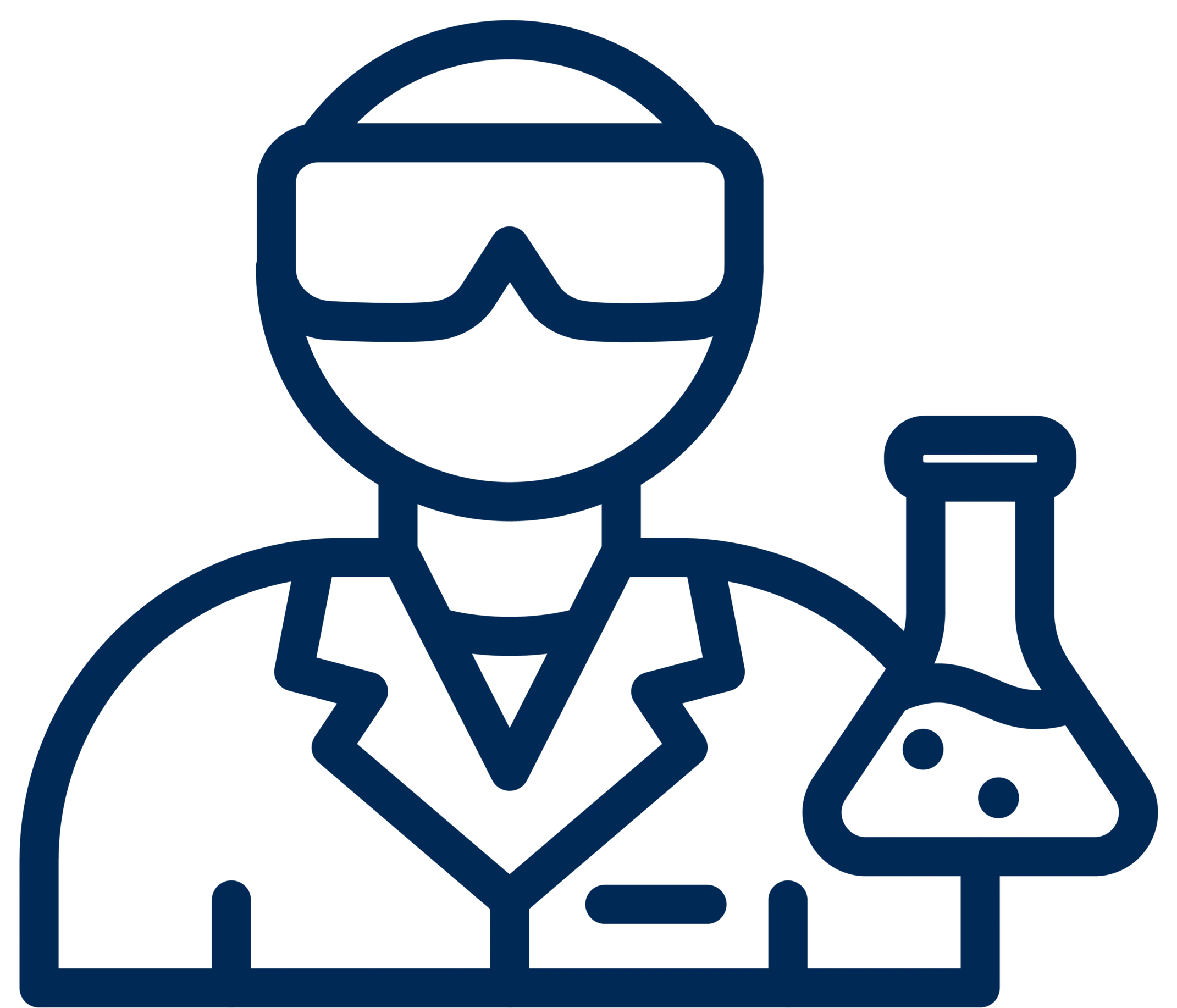
Applications are now open for the 2025 High School Apprenticeship Challenge.
The High School Apprenticeship Challenge facilitates and funds paid internships for underrepresented and low-income high school students throughout Massachusetts. The program creates more than 150 new internship opportunities each year by subsidizing intern wages for research institutions and small life sciences companies to enable them to hire paid interns. The program also offers pre-internship training programs that provides rigorous biotechnology/biomedical and professional skills development.
The MLSC reimburses eligible host organizations up to $4,080 per intern, based on $17 per hour for six weeks of full-time work. Internships can be part-time or full-time and must take place between May 1, 2025 and April 30, 2026.
The program seeks to create paid work-based learning opportunities for underrepresented youth, supplement life science education with pre-internship training, foster relationships between economically disadvantaged schools and life sciences employers, develop students’ professional workplace skills, increase awareness of life sciences careers, and build a diverse STEM workforce pipeline.
Funding is available on a first-come first-served basis, and allocated only after offer requests are approved by the MLSC within the organization application.
View The High School Apprenticeship Challenge program’s eligibility requirements, access resources, read frequently asked questions, and start the application process.
View The High School Apprenticeship Challenge program’s eligibility requirements, access resources, read frequently asked questions, and start the application process.
The after-school/summer training program provides rigorous pre-internship biotechnology/biomedical and professional skills development for underrepresented and/or low income students. The program has been offered in Brockton, New Bedford, Worcester, and Cambridge (serving Greater Boston students). Students at Brockton High School and New Bedford High School should ask their Biology teachers about application information. For students enrolled in Worcester or the Greater Boston area (Boston, Cambridge, Everett, Revere, Chelsea, etc.), please visit the respective websites of our training partners to learn more and apply: LEAH Project, BioBuilder, WPI MeDHigh, or Digital Ready.
Since the program launched in 2016, the MLSC has supported over 950 internships at more than 120 organizations. Interns have represented nearly 200 Massachusetts high schools and over 500 students have participated in MLSC-sponsored lab training programs designed to better prepare them for internships.









Olaris is a precision diagnostics company that is on a mission to revolutionize how diseases are diagnosed and treated. By leveraging their CEREBRO platform (Comprehensive Early Responsive Evaluation of Biomarkers Related to Outcomes), which combines metabolomics and machine learning, they are able to harness the power of the body’s own communication system to discover and develop their pipeline of myOLARIS precision diagnostics.
